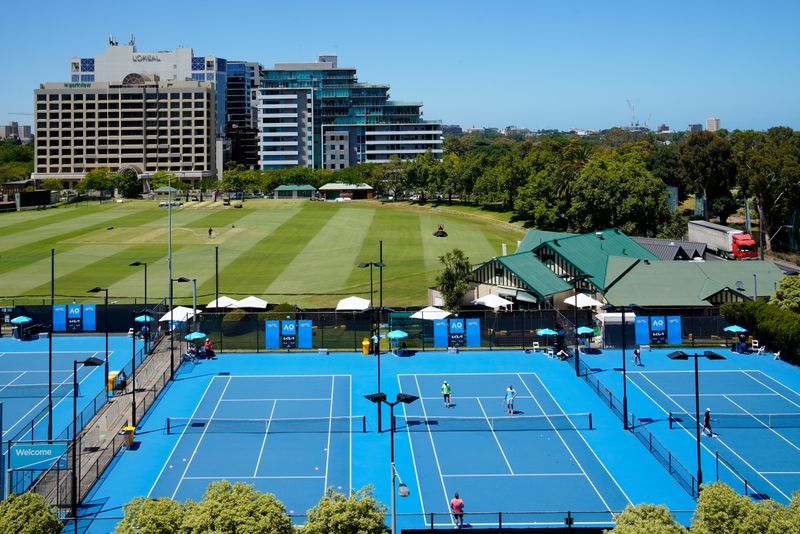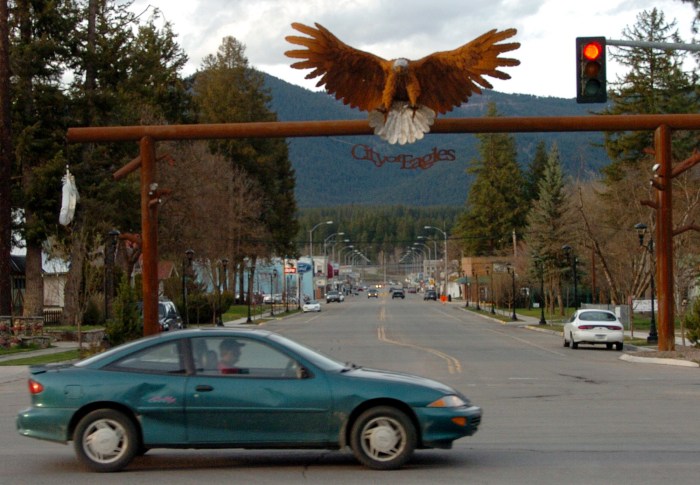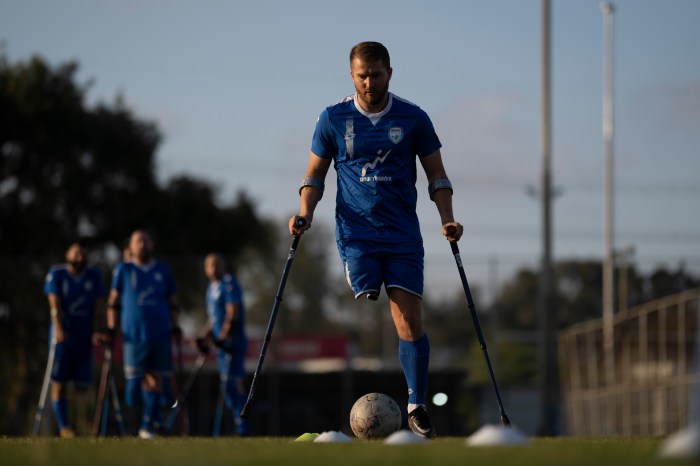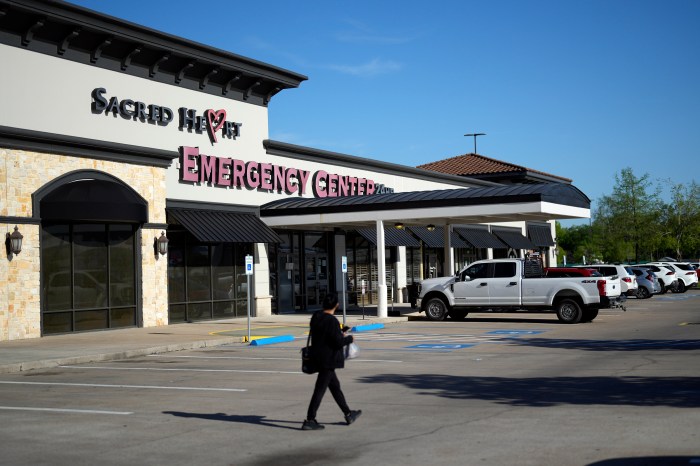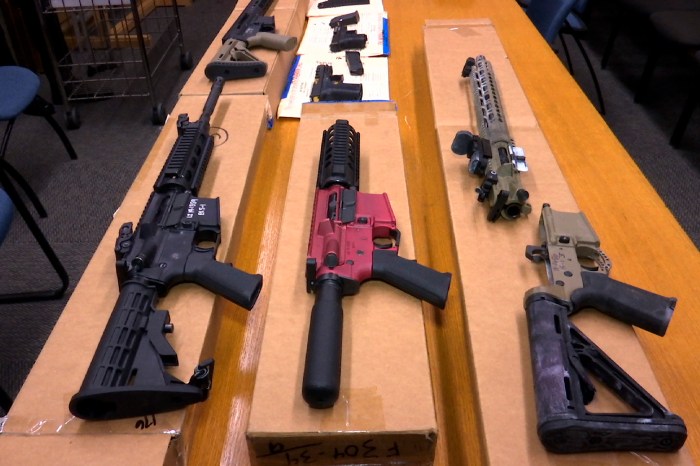SYDNEY (Reuters) – Some of the world’s top tennis players are criticizing Australia’s strict hotel quarantine rules ahead of the Australian Open tournament next month, but entrepreneur Belinda Long is having none of it.
The Australian woman said she has being trying without success to secure a flight home from Chile, where she works, since November, and that the sports stars should be grateful they were allowed into the country at all.
“I’m glad that you’re able to have sport in Australia, but whether foreign sports players should be prioritized over tax-paying Australian citizens, no, that’s not something I agree with,” Long told Reuters via Zoom.
“COVID is obviously going to be around for a long time. How long can you keep us locked out of our country for?”
Long is one of an estimated 30,000 Australians stranded overseas after the country closed its borders in March 2020 – just when she was starting an apartment lease – to stop the spread of the novel coronavirus.
People who enter the country must undertake 14 days of hotel quarantine under guard, a rule which some people involved in the Grand Slam tournament have said they were not told about, adding that they may not be able to train before it starts on Feb. 8.
The Australian government, meanwhile, lowered a cap on international arrivals this month due to concerns about new strains of the virus originating overseas, while airlines have slashed seating capacity to match a collapse in demand.
Since the tennis players flew in on chartered flights, officials say no Australian has been denied a seat on a flight home as a result of the sporting event.
Long has started a campaign called The Right to Return Home which she says is designed both to help others in her situation and to educate Australians about their compatriots who are unable to return.
“Apparently Australia’s about ‘every man for himself’ and ‘you decide to travel that’s your fault’,” she said.
“That’s not the Aussie spirit. That’s not the belief I grew up with.”
(Reporting by Cordelia Hsu; Writing by Byron Kaye; Editing by Kim Coghill)

